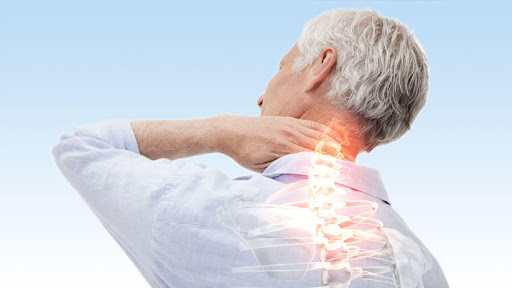Traumatic Brain Damage Rehabilitation
Traumatic Brain Damage Rehabilitation
Traumatic brain injuries can have many different causes. Traumatic brain damage is a brain damage that occurs after an object pierces the skull and damages the brain tissue, or the head is hit violently.
Since traumatic brain damage can harm the person both physically and cognitively, speech disorder, swallowing disorder, abnormal situations in thinking and perception can even cause paralysis in organs such as legs and arms in the person with traumatic brain damage. It is a disease that can be experienced by people of all ages because it is usually caused by external factors.
Why Does Traumatic Brain Damage Occur?
The brain is one of the most precious, sensitive and complex organs in the body. For this reason, a traffic accident or motorcycle, bicycle accidents and even home accidents can cause traumatic brain damage. Making a habit of using a helmet when using vehicles such as bicycles and scooters, especially for children, can greatly prevent traumatic brain damage in such accidents.
With traumatic brain damage rehabilitation, it becomes possible to treat impaired body functions. In addition to negative conditions such as some character changes, behavioral disorders, aggression, and tendency to violence, unfortunately, paralysis may occur in the individual with traumatic brain damage.
Traumatic Brain Damage Rehabilitation
According to studies, traumatic brain damage is one of the most important causes of subsequent disability worldwide. Traumatic brain damage rehabilitation is of great importance in order to reintegrate individuals into society after traumatic brain damage. Among the goals of traumatic brain damage rehabilitation are to enable the patient to walk in order to return to his old life, to restore the deteriorated functions.
It is an important issue to mobilize patients who have suffered traumatic brain damage as soon as possible. Because various complications such as soft tissue calcifications and osteoporosis due to immobility may occur. For the rehabilitation of traumatic brain damage, a suitable treatment program is determined by the specialist therapists for the cases where the patient is deficient. If deemed appropriate, exercises can be performed for cognitive problems such as forgetfulness, as well as speech and swallowing disorders.


